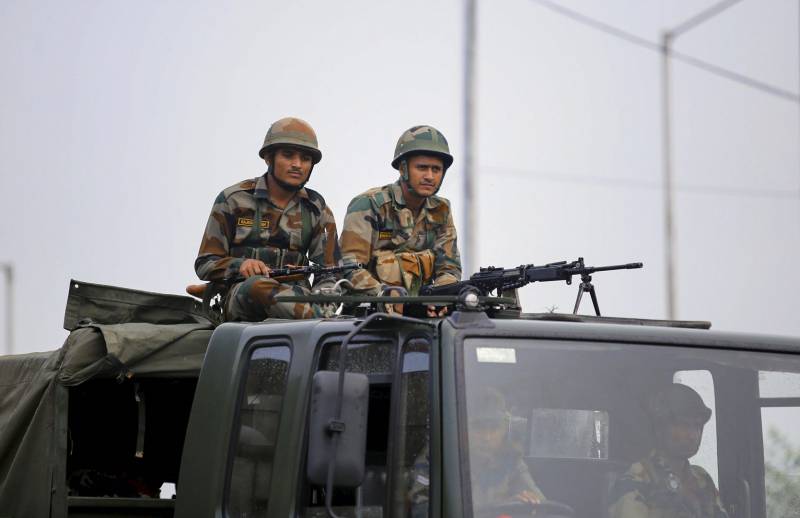Gulf media go soft on revoking of 370 in J & K
By Newsmeter Network Published on 6 Aug 2019 7:29 AM GMT
Bloomberg says it’ll inflame separatist sentimentWashington Post sees considerable resistance
The Guardian says it’s no secret plan
Contrary to the expectations of a section of society, which had been banking on support from western Asia, the Gulf nations did not show much interest on India’s major decision to scrap Article 370 and 35A in Jammu & Kashmir (J&K). On the other hand, the western media mostly focused on peace restoration and harmony between Pakistan and India.
Besides Pakistan, who condemned the move and asked the UN to intervene, no Muslim nation has openly raised their voice against the NDA government’s decision. UAE’s mainstream newspapers Gulf News, The National and Khaleej Times carried the issue as a news feature without highlighting the consequences or issues that may go against the Narendra Modi government. The Saudi Gazetter and Arab News in the Kingdom of Saudi Arabia (KSA) all choose to downplay it.
This was totally unforeseen by a section of the society, thanks to the lobbying efforts by India with countries such as the United States. So far, the United Nations (UN) too is silent on the issue but has urged India and Pakistan to maintain peace along the border.
The western media were more forthcoming, and the New York Times and BBC expressed concerns over the possible surge of unrest in the Valley.
Washington Post opined that revoking Article 370 for J&K will set the stage for new clashes in the disputed region, as the special status had been a corner stone of Kashmir’s inclusion in India. It also expressed fears of possible unrest between Hindus and Muslims in the rest of the country. New York-based geopolitical analyst Ankit Panda, in his article published in the Washington Post said, it was unprecedented and difficult to predict what comes next. “Since, the communication system is under embargo, Kashmiris may come to know of what’s happening for the state later. When it happens, this decision will likely mobilise considerable resistance.”
Bloomberg stated that India has created its own West Bank in the Kashmir valley. It further said that Kashmiris are already simmering with anger at decades of repression and a constant military presence. “Perhaps, these changes will not be upheld by India’s Supreme Court. Moreover, there’s no doubt they will inflame separatist sentiment in Kashmir,” said Bloomberg.
The Guardian cautioned the Indian government with consequences over cancellation of Kashmir’s special status, while adding that J&K is the only Muslim majority state of predominantly Hindu India.
Elaborating further on the issue, The Guardian said that, “Adherents of the country’s secular tradition of politics have long seen Kashmir’s continuing inclusion within the vast democracy as evidence that all faiths can thrive together. This contrasts India’s immense religious diversity with neighbouring Pakistan’s strong Muslim identity.”
However, The Guardian further stated that scrapping Article 370 was no secret as BJP had been putting it in its election manifesto for long, while questioning that why democratic leaders in Kashmir have been deliberately side-lined? “This decision will make recruitment harder for various armed extremists factions operating in the Valley. Many young people will think that their time has come. The consequences may be tragic for the region and India too,” added The Guardian.
The latest decision will fuel resentment in the Kashmir valley. “The decision will attract a great deal of support in Jammu and Ladakh but will be deeply resented in the Kashmir valley. India’s most restless region may well become still more volatile,” opined BBC.
An article by NY Times said that blocking communication systems in the valley was not good for the region as it puts it into an information black hole that makes it very difficult to discern what was unfolding. “It’ll raise fears of unrest in the Kashmir valley,” said NY Times.
